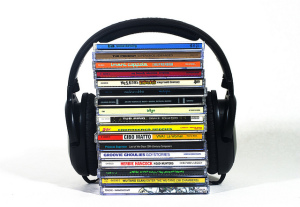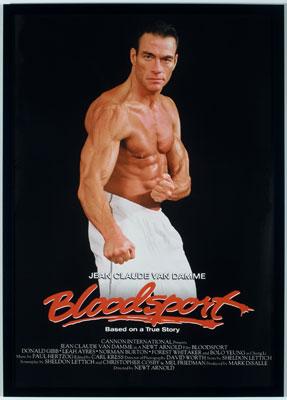 Every musician is trying to grow their audience size with everything they do. This is especially true with posts on Facebook, Twitter, Instagram, and email messages. For those of us who work in media, we get constant messages from bands promoting their music. Why?
Every musician is trying to grow their audience size with everything they do. This is especially true with posts on Facebook, Twitter, Instagram, and email messages. For those of us who work in media, we get constant messages from bands promoting their music. Why?
The confusion many artists have with what they perceive as audience growth and what actual growth is are two very different things.
If you take a pellet gun, stand 50 feet away and aim at barn wall would you consider yourself a good shot when you hit it? Probably not. The same is true with not only how you message people about your music, but also WHO you message. Why you message them is the real kicker.
Musicians, and small business owners alike, spend a lot of time and money trying to grow the wrong kind of number. Yes, you need to get your music (product) into the eyes and ears of as many people as you can to have the greatest chance of converting them into someone who buys from you (hard copy CD, vinyl, digital download, concert ticket, merch, etc). However, you stand a greater chance of converting a higher percentage of people when you focus on who your music is really targeted for.
Do you know the demographics of your Ideal Fan (aka your Super-Fan)? Do you know if they are male or female, live in a certain area, work in a certain field, are interested in a series of specific things like nonprofit work, rescuing animals, education, green peace, pro-gun rights, etc? Or do you just have a group of people who are following you online and attend concerts but don’t really know much about them?
What you know about your true fan base serves as one of the best metrics you possess to know how to grow your audience. This is a focused approach to audience growth, and it’s essential to your short and long term success as a musician. What you know about your fan base shows how connected you are to them and to reaching the prime group of people with similar interests, tastes, and characteristics.
If you’re a fan of the Die Hard movie series, there’s a good chance you also enjoy the Lethal Weapon series as well, and maybe even other 80s/90s Action films from Stallone, Van Damme, Chuck Norris and the like. Whereas if you’re a fan of Downton Abbey, these films are not something you’re going to gravitate to. So what good does it do for action film fans to be presented with something from Downton Abbey?
That’s a very big picture comparison, so let’s zoom in and focus more on audience demographic. Stallone action-films might appeal to fans of Die Hard but not to Jet Li or Jackey Chan films. Why is that? Both types include action, fighting, and lots of explosions. The subtleties between the two styles of action film indicate the specifics of fandom from one type to the next and the differences between one and all others.
 Spend any amount of time in a video store and you’ll see b-movie films from actors who maybe were once on a TV show or popular film from a decade or so ago. Yet they crank out countless straight-to-DVD movie every year. They have targeted a specific audience demographic that eats that stuff up and have made a career out of producing for this specific group of people. Are they hit movie stars? No, but they get to do what they enjoy doing because they’ve found and connected with a specific, focused audience.
Spend any amount of time in a video store and you’ll see b-movie films from actors who maybe were once on a TV show or popular film from a decade or so ago. Yet they crank out countless straight-to-DVD movie every year. They have targeted a specific audience demographic that eats that stuff up and have made a career out of producing for this specific group of people. Are they hit movie stars? No, but they get to do what they enjoy doing because they’ve found and connected with a specific, focused audience.
This applies to music as much as anything (including small business) because the competition in music is much greater than film, where competition is very high. A focused, potent audience group is the difference between you making music that only gets heard or streamed on a few platforms and you doing a tour across several states that sells out venues and sells all of the discs and merch you made for promotion.
Put more bluntly, would you rather have 100,000 listens to your soundcloud track or pack out gigs of 400-800 people and sell all 5,000 copies of your discs in a short tour? Tons of listens are great, but without a specific purpose for those listens to convert to fans, and without a strong connection to a specific group of people, you end up with a number that gives you very little in return.
How can you put this into practice with your band and in your space, Contact Me and let’s talk.

You must be logged in to post a comment.